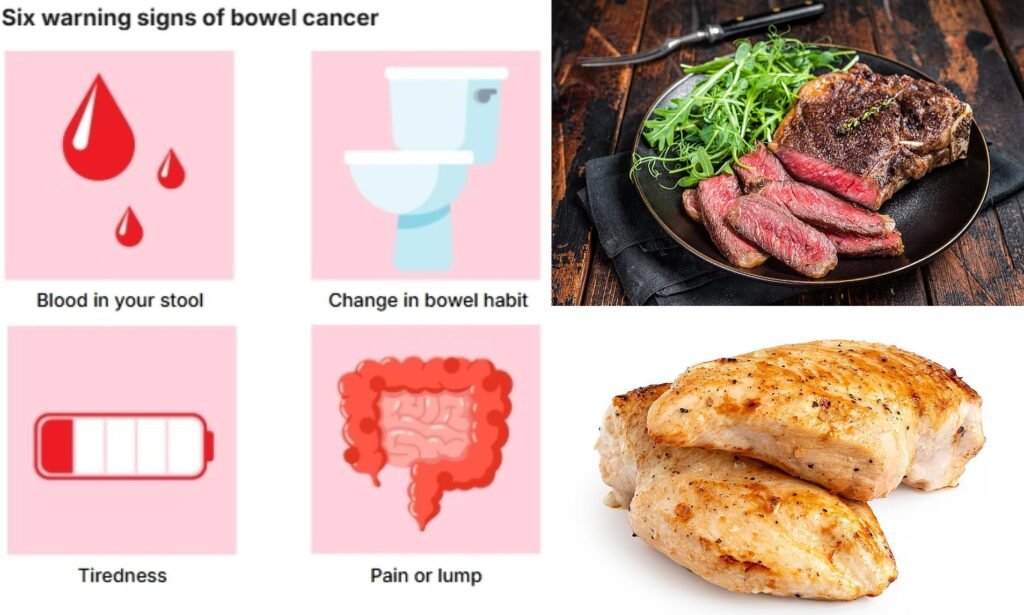New Insights into the Impact of Poultry and Beef on Gut Health
Recent research has sparked a debate about the health implications of consuming different types of meat. A new study suggests that eating lean beef might be less harmful to the gut than eating chicken, challenging previous assumptions about poultry as a safer protein source.
While red and processed meats have long been associated with an increased risk of bowel cancer and heart disease, poultry has traditionally been considered a healthier alternative. However, this latest study indicates that even chicken may not be as benign as once believed.
The Study: Comparing Chicken and Beef Diets
In the study, Spanish researchers examined how diets based on chicken and beef affected the gut microbiome of 16 healthy individuals, mostly aged between 18 and 22 years old. Both diets were followed for eight weeks, and participants were then given a five-week wash-out period before switching to the other diet.
The results showed that the chicken-based diet was linked to a significant decrease in microbial diversity and richness within the gut. In contrast, the beef-based diet led to an increase in Blautia bacteria, which is known to support the mucus barrier in the gut and help prevent inflammation and disease.
Participants on the chicken diet also experienced higher levels of harmful bacteria in their gut, which has been associated with various diseases, including bowel cancer. Additionally, the chicken-based diet negatively impacted the body’s ability to process glucose, potentially affecting blood sugar stability.
Implications for Blood Sugar and Immune Function
The study found that following a chicken-based diet resulted in lower production of amino acids, which are essential for immune function and gut health. Maintaining stable blood sugar levels is crucial, as low levels below 4mmol/L can lead to serious complications such as seizures, sleep disturbances, and loss of consciousness.
Despite these findings, the researchers acknowledged several limitations in their study. For instance, dietary intake was self-reported, which could have led to inaccuracies or missed data on foods that significantly affect gut bacteria.
Broader Concerns About Poultry Consumption
This study comes amid growing concerns about the health risks of regularly eating chicken. Recent research has suggested that consuming chicken four times a week could double the risk of dying from 11 different types of cancer, including bowel and stomach cancers. Italian researchers found that those who consumed over 300g of poultry per week had twice the risk of dying from digestive cancers compared to those who ate less than one portion.
Although the exact reasons for this increased risk remain unclear, researchers speculate that it could be due to high cooking temperatures or the feed given to poultry. These factors may contribute to the formation of harmful compounds that could impact health over time.
Balancing Meat Consumption with a Healthy Diet
Despite the potential risks, meat remains an important part of a balanced diet. The NHS emphasizes that eating meat, when done in moderation, can provide essential nutrients like protein, vitamins, and minerals. For example, meat is a rich source of vitamin B12, which is vital for maintaining a healthy nervous system.
However, health experts advise people to limit their intake of red meat. The NHS recommends cutting down to about 70g of red meat per day, equivalent to three thin slices of roast beef, to reduce the risk of certain diseases.
Conclusion
The debate around the health effects of different meats continues to evolve. While this study highlights potential risks associated with chicken consumption, it also suggests that lean beef may offer some protective benefits for gut health. As more research emerges, it’s essential for individuals to make informed choices about their diet and consider the long-term impact of their food choices on overall health.

